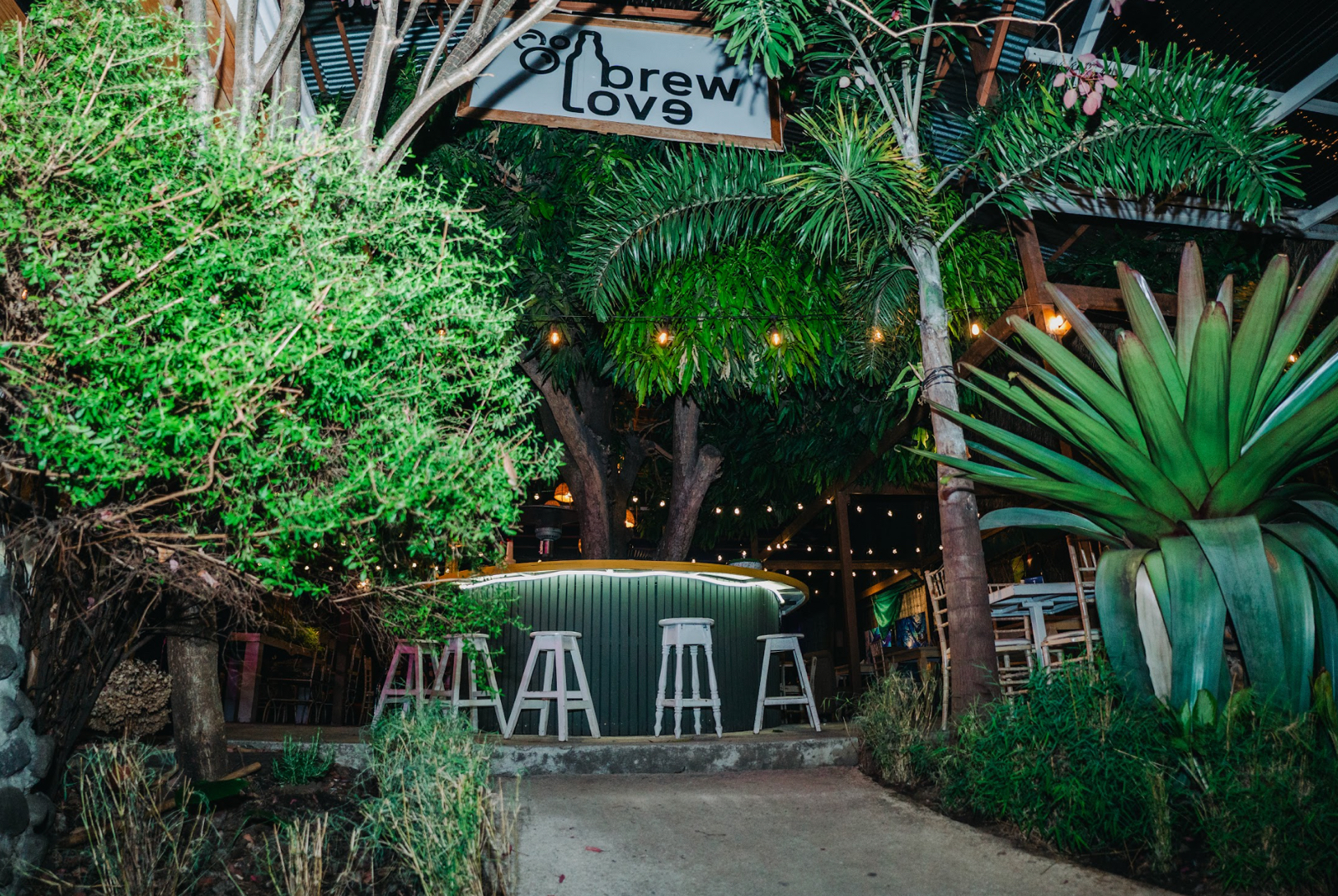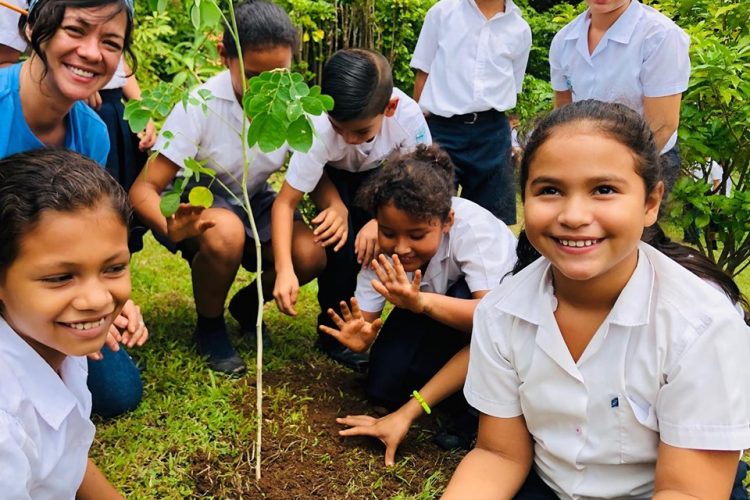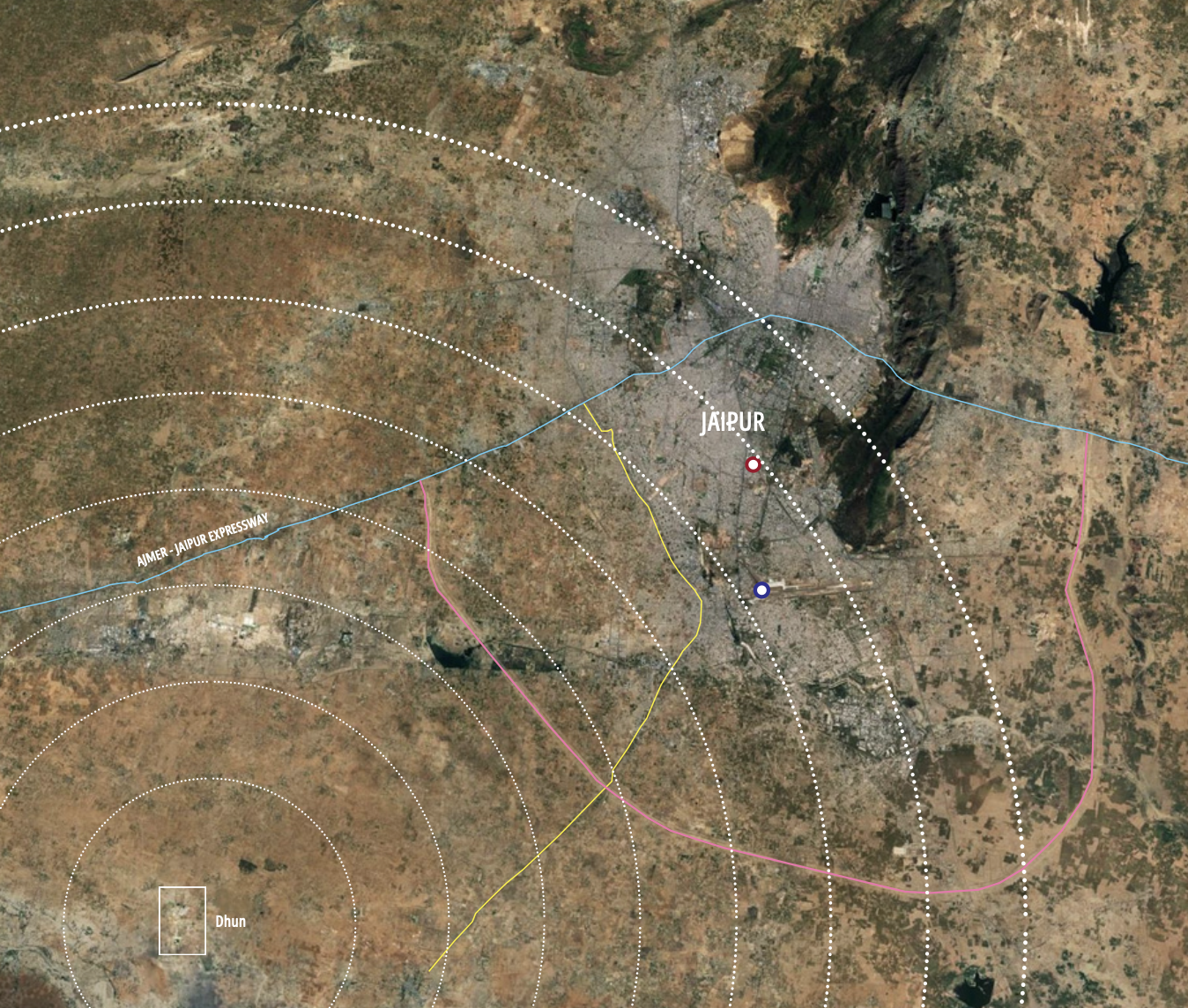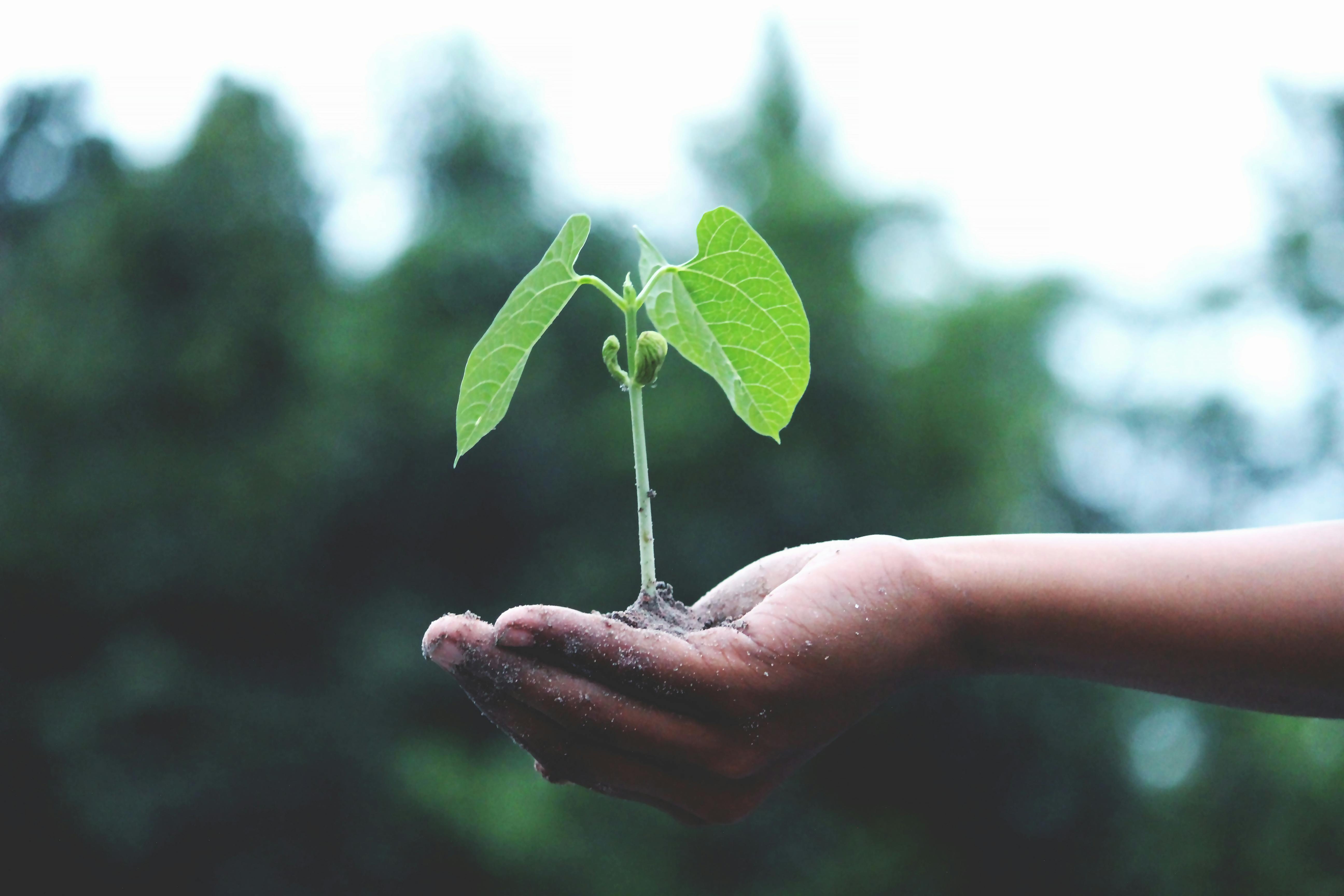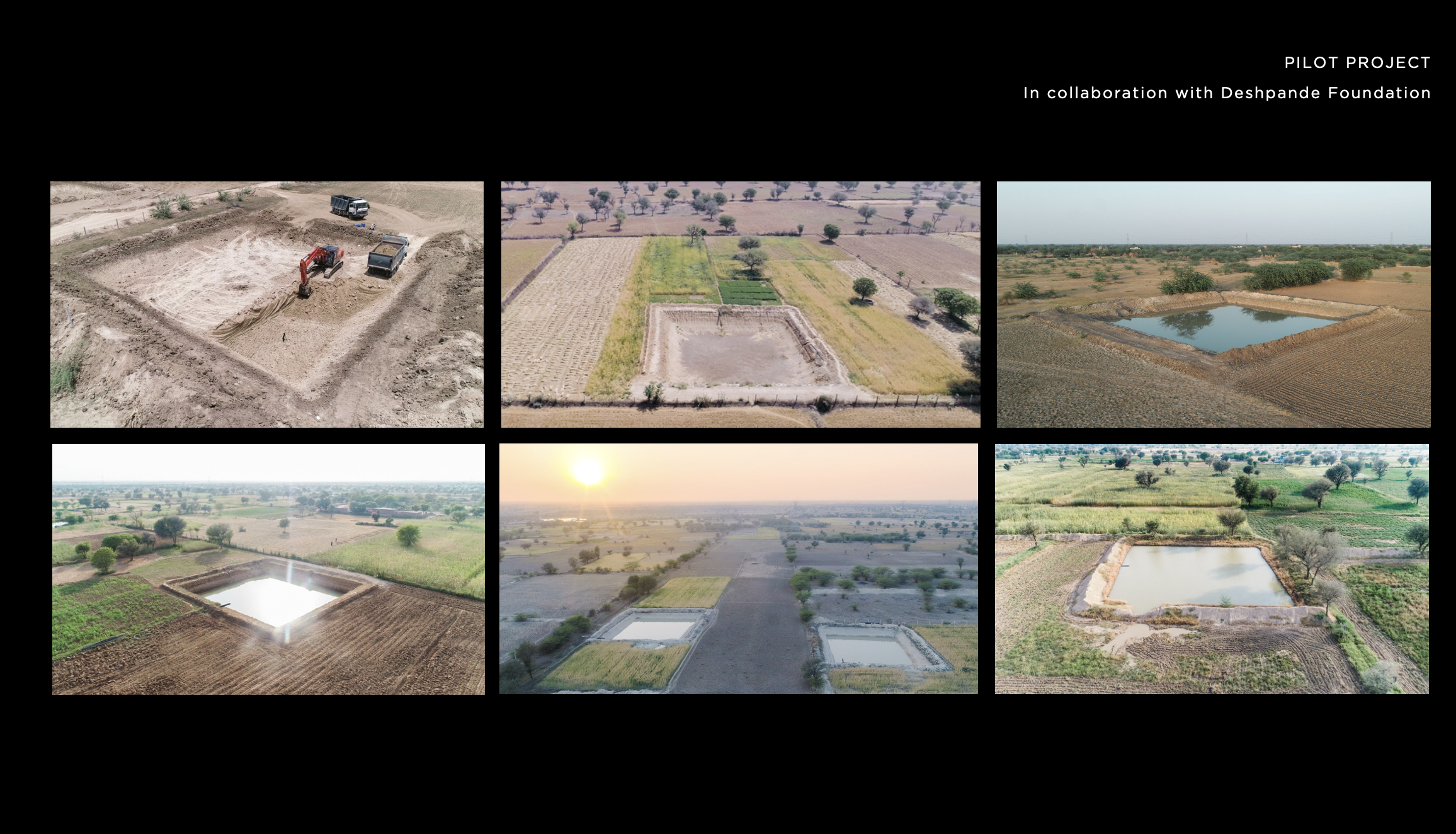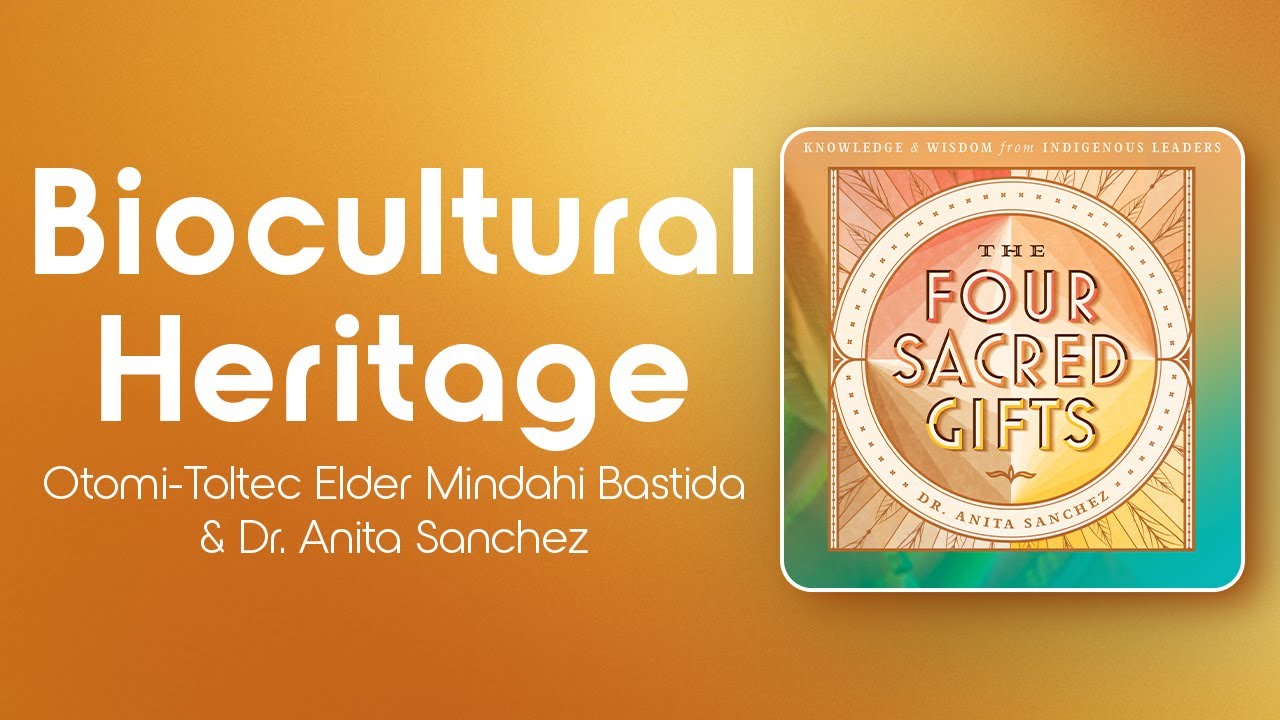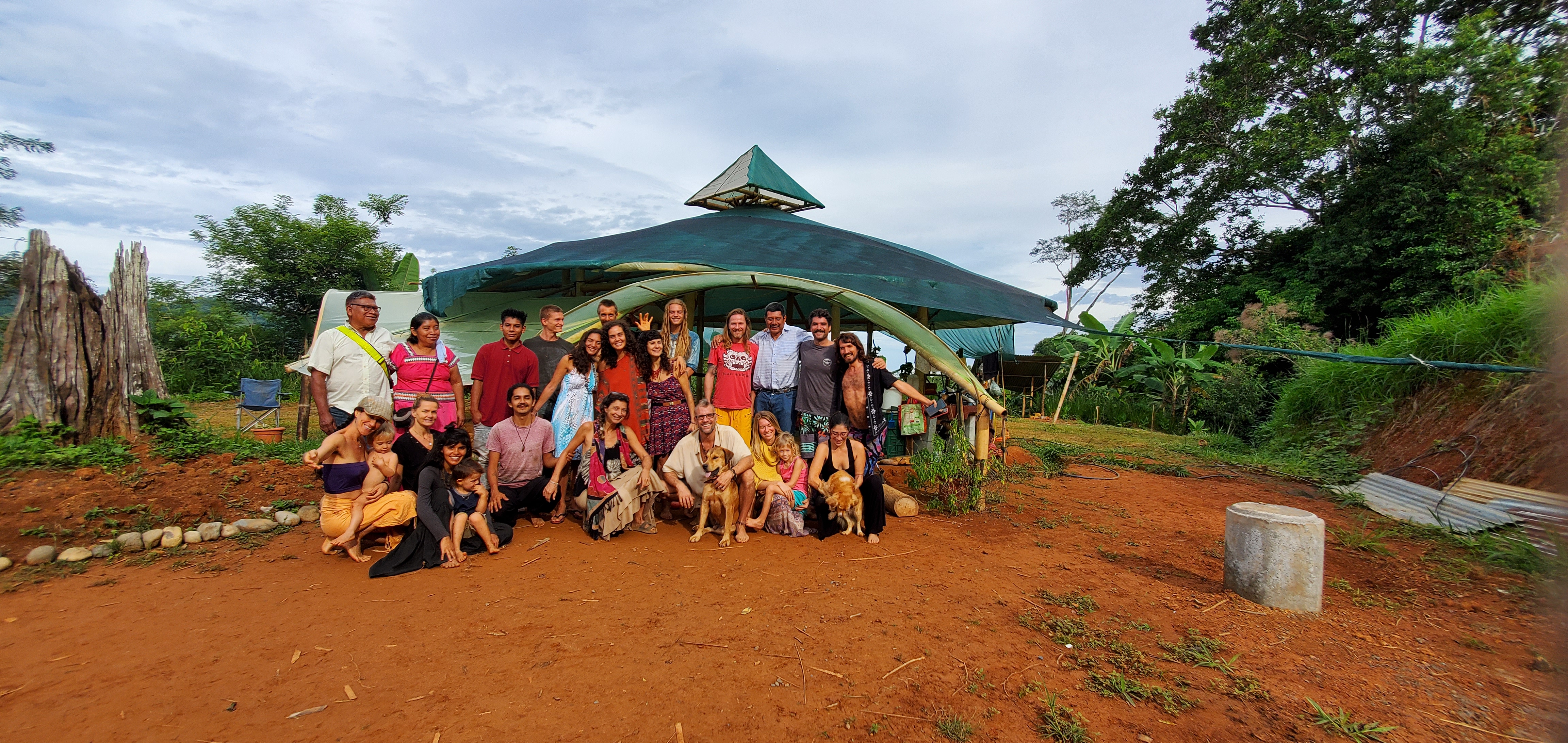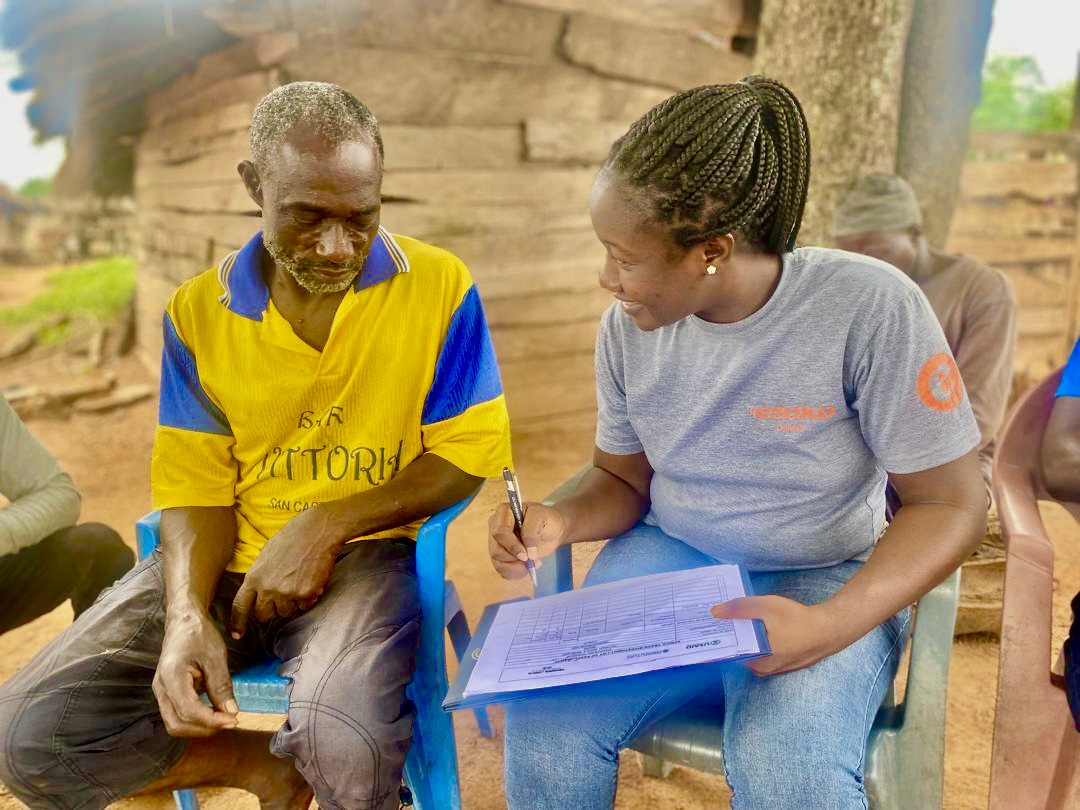
SikaFields: Agroforestry Mosaic Project with regenerative agriculture in Ghana
By Sika FieldsAbout This Project
What is the overarching systemic challenge this project is responding to?
Sikafields Technologies is tackling the exclusion of African smallholder farmers from the global carbon credit economy, a market that offers tremendous opportunities for climate action and rural development but is currently inaccessible to most rural communities due to high technical, financial, and data barriers.
Why is this issue urgent and relevant today (locally and globally)?
Climate change is intensifying, and smallholder farmers—who contribute least to emissions—are bearing the brunt of its effects.
- Locally: Farmers in Ghana’s Bono region face declining yields, land degradation, and economic precarity.
- Globally: There's an urgent demand for high-integrity nature-based carbon credits, yet supply remains low.
Integrating these communities into climate finance offers a win-win solution.
How is this challenge connected to larger planetary or social dynamics?
This challenge intersects the climate crisis, global inequality, food insecurity, and biodiversity loss.
By incentivizing tree planting and agroforestry, Sikafields promotes carbon sequestration, regenerates degraded ecosystems, and improves rural livelihoods—all while shifting finance toward communities that are often marginalized in climate funding.
What are the consequences of inaction?
Without intervention, smallholder farmers will remain excluded from carbon markets, forest degradation will persist, and the region will lose a critical chance to mitigate climate impacts while unlocking economic opportunity.
It will also widen global climate justice gaps and hinder progress on the Sustainable Development Goals.
Core Problem in the Bono Region
What is happening in your bioregion that needs urgent attention?
In the Bono region, unsustainable farming practices and deforestation are depleting soils, drying water sources, and increasing vulnerability to droughts and erratic rainfall. Many farms are aging or abandoned, with youth migration worsening rural decline.
What communities, ecosystems, or systems are directly affected?
- Smallholder farming communities
- Forest-savannah transition zones
- Water catchment ecosystems
Women and youth are particularly vulnerable, lacking access to finance and land tenure security.
What are the root causes of the issue in this local context?
- Poverty
- Lack of incentives for conservation
- Fragmented land ownership
- Weak extension services
- Limited access to data or technology
- Inaccessibility of climate finance due to high verification and monitoring costs
What has been tried before, and why hasn’t it been enough?
Tree planting campaigns and donor-driven conservation efforts have occurred but lacked sustainability and economic incentives. These efforts were top-down, with minimal local ownership or benefit-sharing, and did not integrate smallholders into viable business models.
Projects Currently Supported Include
What projects or initiatives are currently active on the ground?
Sikafields is rolling out an agroforestry carbon project that uses satellite mapping, AI, and local monitoring to enroll smallholders into verified carbon programs. Farmers are trained, geo-tagged, and equipped to earn from carbon credits tied to tree planting and regeneration.
Who are the key changemakers or organizations leading the work?
- Sikafields Technologies
- Local farmer cooperatives
- Digital extension officers
- Global verification partners such as the Open Forest Protocol and Verra Registry
What impact have they had so far, and what milestones have been achieved?
- Over 5,000 farmers identified and onboarded
- 15,000+ hectares mapped and registered for reforestation and agroforestry
- Local carbon monitoring team trained and deployed
- MRV system established and tested in pilot farms
How do these projects contribute to long-term systemic change?
They create a financially viable pathway for smallholders to regenerate land and earn sustainable income, while demonstrating a scalable model of climate justice. It builds a new rural economy based on ecosystem services.
Why People Should Donate
What makes this project or initiative unique and impactful?
Sikafields combines cutting-edge technology with grassroots community mobilization to unlock carbon finance for the underserved. It is one of the few African-led platforms that bridges global markets and rural communities with transparency and impact.
How does supporting this project align with values of regeneration, justice, and peace?
It uplifts marginalized voices, regenerates land, and fosters climate resilience—all through participatory, inclusive approaches. Donations directly empower local communities to become environmental stewards and climate solution providers.
What real-world outcomes will donations directly support?
- Onboarding of new farmers into the carbon registry
- Tree seedlings and tools for agroforestry
- Monitoring systems and rural digital infrastructure
- Youth employment through local verification teams
How are donations managed transparently and effectively?
All funds are tracked through a digital platform with dashboards showing progress, farmer participation, and impact metrics. Regular updates and reports are shared with donors and partners.
Call to Action
What urgent needs or opportunities require support now?
Sikafields needs urgent funding to scale onboarding of 10,000 farmers by year-end and complete carbon verification to enable first credit issuance. Early support will accelerate Ghana’s entry into the carbon economy and secure livelihoods.
How can donors or supporters make a meaningful difference today?
Donations today directly fund farmer registration, satellite mapping, training, and verification fees—critical steps toward unlocking income for thousands of farmers and restoring the Bono landscape.
What will their donation help unlock in the next 30–90 days?
- 5,000 more farmers registered and trained
- 144K tree seedlings distributed and planted
- Deployment of digital monitoring in three new districts
Is there a specific deadline, milestone, or matching opportunity to act on?
Yes. Sikafields aims to complete the onboarding of the first 20,000 farmers and unlock pre-purchase carbon agreements by the end of Q4 2025. Matching funds are available for donations received before October 15, 2025.
How will this donation empower local leaders and initiatives in the Bono region?
It enables grassroots leaders—especially women and youth—to lead climate initiatives and earn from carbon markets, turning them into role models and stewards of regeneration.
What impact does even a small donation create?
- $50: Plants 100+ trees for agroforestry
- $400: Restores 1 hectare of land
- $800: Trains a carbon monitor for a year
- $1,000+: Sponsors community-level carbon verification
Story of Impact
Ama Serwaa, a 42-year-old farmer in Sampa, Jaman North District of the Bono region, was struggling with degraded land and poor yields.
Through Sikafields, she planted shade trees and restored soil health. Her farm is now registered for carbon credits, and she will be earning additional income while mentoring other women.
"Before Sikafields, my land was dry and unproductive. Now I’m planting trees, and soon, I’ll be paid for the carbon I store. I can finally plan for my children’s future."
— Ama Serwaa, Farmer, Sampa, Jaman North District, Bono Region of Ghana
How can donors stay updated or feel part of the movement?
Donors receive quarterly updates, field stories, impact dashboards, and access to community events and learning sessions with farmers and the Sikafields team.
Sikafields Technologies is changing that. By integrating smallholder farms into the global carbon credit system, we tackle land degradation, poverty, and climate inequality—head-on.
This is climate justice in action.
Local Urgency: What’s Happening in the Bono Region
In Ghana’s Bono region, deforestation, poor land practices, and youth migration are accelerating ecological and economic decline. Farmers lack incentives and tools to protect their land.
If nothing is done, degraded land will expand, forests will vanish, and rural poverty will deepen.
Local Solutions in Motion
Sikafields is already making change happen:
- 20,000+ farmers identified for onboarding
- 15,000+ hectares mapped for agroforestry and reforestation
- Carbon monitoring team trained and deployed
- MRV system integrated with Open Forest Protocol
We empower farmers to regenerate their land—and get paid for it through verified carbon credits.
Why Support Sikafields?
This is not just a project. It’s a movement.
- Led by Africans
- Built for smallholders
- Powered by technology, transparency, and trust
Supporting Sikafields means:
- Creating rural green jobs
- Restoring degraded ecosystems
- Empowering women and youth
- Ensuring fair carbon revenue for local farmers
Every donation supports direct, measurable impact.
Project Impacts
Pilot & Expansion
Sika Fields
Our mission is to reduce Greenhouse Gas Emissions while creating economic empowerment for smallholder farmers and regenerating rural landscapes through high-integrity, community-driven carbon projects.


.jpg?alt=media&token=81e7a811-b9f8-4b18-a135-260403af049a)
